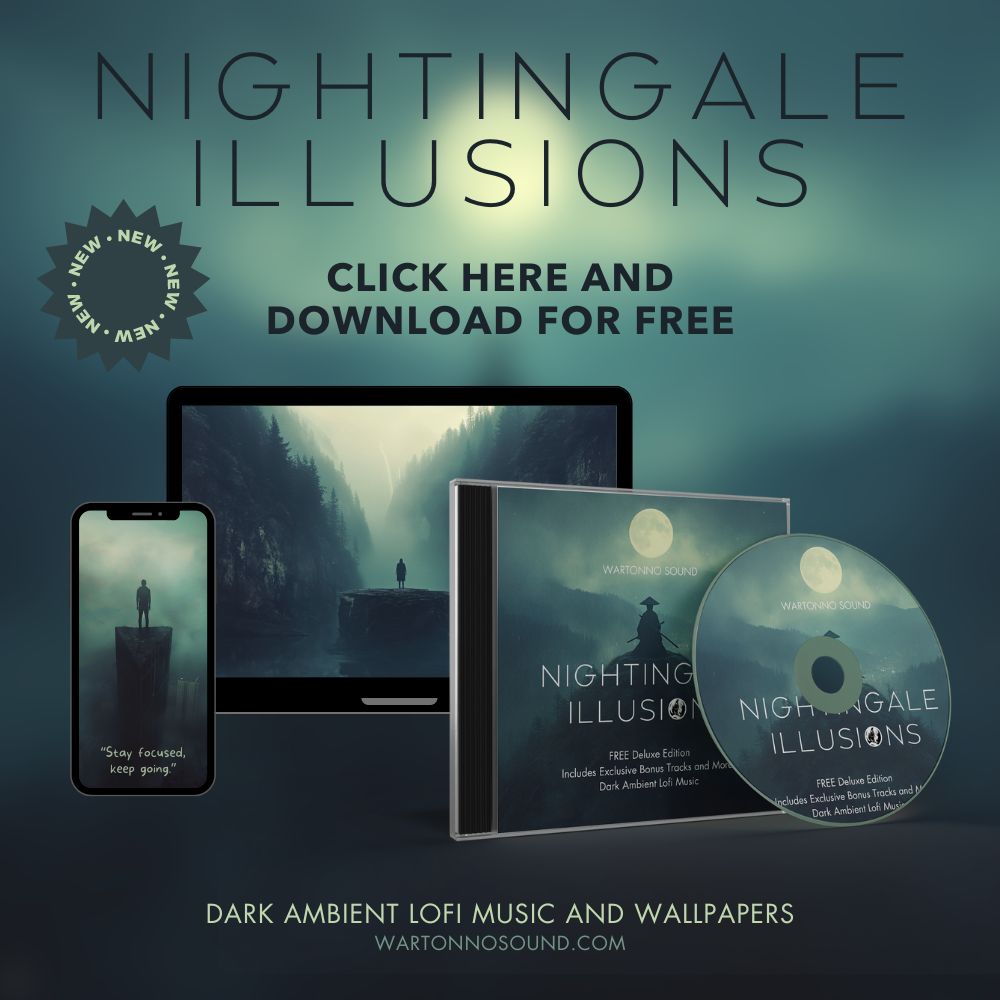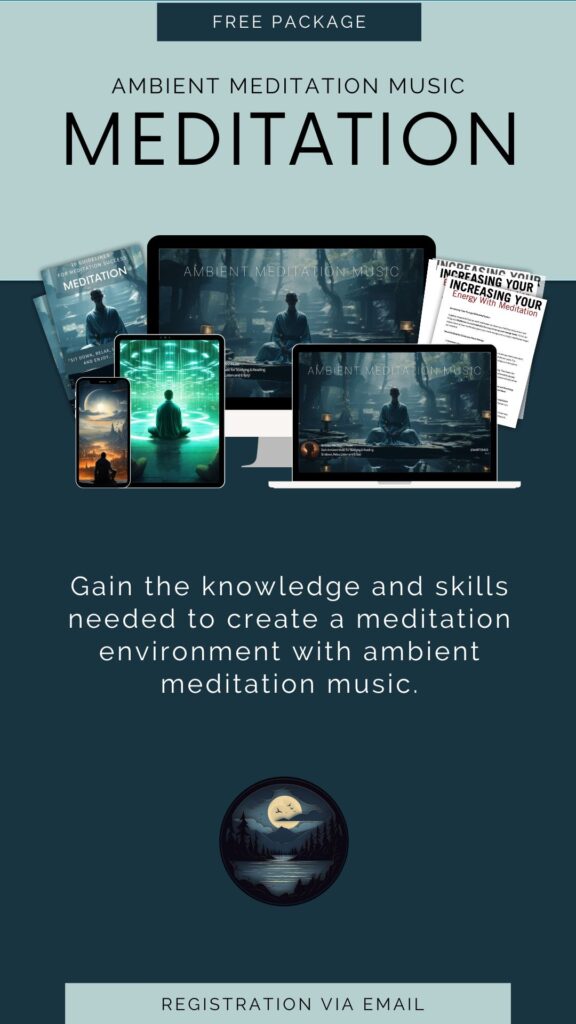Introduction
If you’ve never tried to meditate, without Ambient Meditation Music, you know how difficult it can be. The practice takes a lot of time, focus, and energy. It’s easy to get impatient with yourself when you’re not seeing results as quickly as you’d like. In this article, we’ll explain why ambient music makes meditation easier and more effective than traditional methods alone—and how to choose the right music for your needs!
Table of Contents
Meditation is a great way to relax and de-stress.
You may have heard that meditation is a great way to relax and de-stress, but you might not know just how it can help you. Meditation has been shown to have a positive effect on many areas of your life. For example:
- It can help you sleep better. If you experience insomnia or other sleeping problems, then meditation might be the solution for you!
- Meditation helps reduce stress levels by slowing down your heart rate and lowering blood pressure. This means that even if nothing else changes in your life after starting a new meditation practice (which would be awesome), at least one thing will feel different–and that’s enough reason for me!

It can help you relax so that you can sleep better, too.
One of the most common benefits of ambient meditation music is that it helps you relax and sleep better. As I mentioned before, this can be especially helpful if you have trouble falling asleep or staying asleep at night.
When we’re stressed out or anxious about something in our lives, our bodies produce cortisol–a hormone that causes us to feel tense, tired, and irritable. When we listen to relaxing music like ambient meditation music after work or school ends for the day, it helps lower our stress levels so that we aren’t producing as much cortisol anymore (1). This leads directly to deeper levels of relaxation which make it easier for us to get into bed at night without feeling too anxious about anything else going on in our lives!
In addition:
This is an especially important benefit for people with insomnia.
If you have insomnia, meditation can be a great way to relax and de-stress. This is especially true if your insomnia is caused by stress or anxiety. Meditation has been shown to help people sleep better and feel more relaxed overall, so it’s no surprise that it can also help with chronic conditions such as insomnia.
If you are struggling with an inability to fall asleep at night, meditation may be just what the doctor ordered!
The best way to meditate is with ambient meditation music.
The best way to meditate is with ambient meditation music. Music has been shown in studies to have a relaxing effect on the body and mind, making it a great way for you to relax and de-stress. You may already know that listening to music can help you fall asleep faster, but did you know that it can also help you meditate more effectively?
For example: if your goal is to focus on breathing exercises while sitting still in silence, then having some quiet background noise might distract you from being able to do so effectively (as opposed to being able to focus solely on your breath). However–if we’re talking about “ambient” meditation here–the idea is not necessarily one of complete silence; rather than focusing solely on our breath or any specific soundscape (such as rain falling), we instead choose something soothing yet unintrusive enough so as not interfere with our own thoughts while in this state of mindlessness/awareness.”

It has been shown in studies to have a relaxing effect on the body and mind.
- It has been shown in studies to have a relaxing effect on the body and mind, which can help reduce stress, anxiety and depression.
- Ambient meditation music is also known to help you sleep better at night.
The right ambient meditation music can make all the difference between success and failure with meditation.
The right ambient meditation music can make all the difference between success and failure with meditation.
Ambient music is a great way to get in touch with your inner self, but there are certain types of ambient music that don’t work well as background noise for meditation. For example, if you’re looking for something peaceful and relaxing, classical piano pieces will be much better than pop songs or heavy metal tracks. The same goes for other types of musical genres: while some genres may be perfect for relaxation (like classical), others focus more on rhythm than melody and might not create the kind of atmosphere you want while meditating.
Ambient meditation music can help you relax and de-stress faster than traditional methods alone
The power of ambient meditation music is that it can help you relax and de-stress faster than traditional methods alone.
Ambient music can also help you sleep better, which is important for many reasons. First of all, if you don’t get enough sleep at night, your body will suffer from fatigue during the day–and feeling tired makes it difficult to concentrate on work or other demanding tasks. Secondly (and most importantly), not getting enough sleep impacts your health in a major way: studies have shown that lack of adequate rest leads to sicknesses such as diabetes and heart disease; in fact, one study found that people who don’t get enough shut-eye have a 25% higher risk of death due to cardiovascular disease!

Conclusion
We hope you’ve enjoyed learning about the benefits of ambient meditation music. It’s a great way to relax and de-stress, and it can even help with insomnia. The best part is that there are so many different types of music out there that suit all kinds of tastes and styles! If you want something relaxing but upbeat, try out some ambient electronica or world music tracks; if classical music gives you peace on earth then go ahead and listen to those relaxing melodies all day long (or night long). In short: whatever works for you – just make sure it does!













